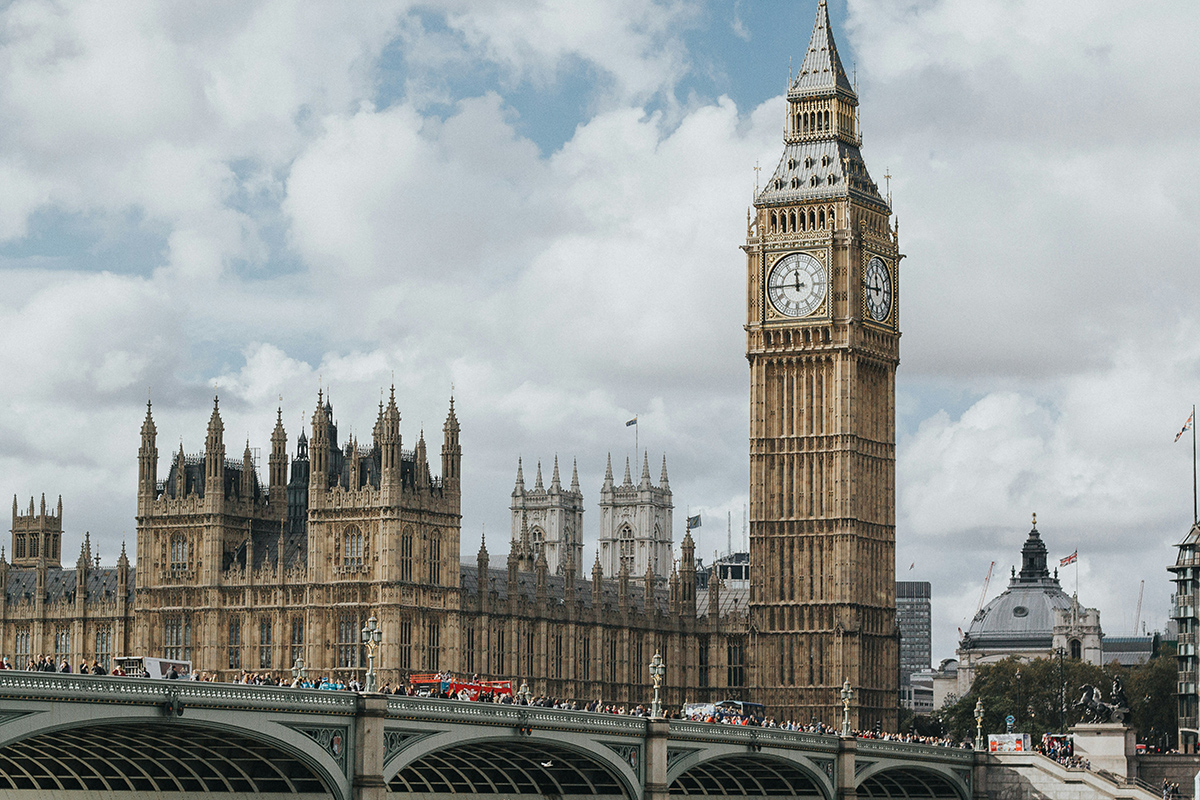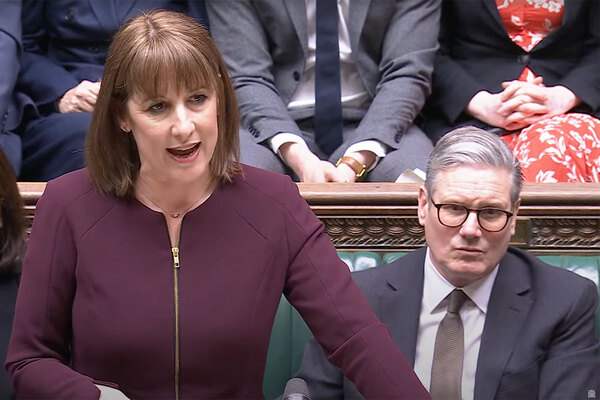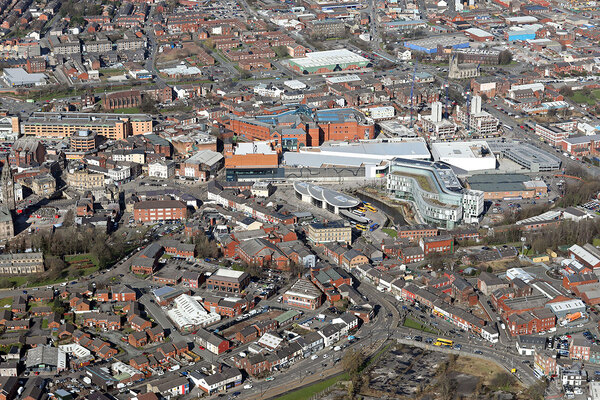Riverside still impacted by One Housing merger as it remains in the red
Large national landlord Riverside has reported an annual deficit for the second consecutive year, despite an increase in turnover.
The 75,000-home group recorded a post-tax deficit of £6.4m in the year to the end of March 2024, compared to a shortfall of £9.3m the year before.
Terrie Alafat, chair of Riverside, said the performance was partly due to a “unique set of challenges” the group is still dealing with from taking on One Housing as a subsidiary in 2021.
This includes an “extensive cladding remediation programme” for the London-based landlord, she said, which is expected to be completed within the next three years.
One Housing also operated Baycroft, a loss-making private care homes business, which Riverside sold off this year.
The value of some of One Housing’s assets have also been written down due to what Ms Alafat, former chief executive of the Chartered Institute of Housing, called “historic development decisions”.
She also pointed to the planned cost of integrating systems and “operational restructuring” following the merger.
In its latest year, Riverside’s bottom line was also hurt by its interest costs rising to £93.5m, up nearly half from last year’s total of £62.7m.
However on an operating basis, the Liverpool-based group saw its surplus jump by 88 per cent year-on-year to £78m.
It was helped by a five per cent increase in group turnover to £656.3m. Revenue from social housing lettings rose by £19.7m, helped by the seven per cent increase permitted for rents, and represented 79 per cent of turnover.
Riverside was also boosted by a £21.3m surplus on the sale of property, up from £9.8m the year before. The group’s overall operating margin rose to 8.6 per cent compared to 5.1 per cent the previous year.
The landlord spent £200m on developing 1,479 new homes, compared to 1,016 the year before. A total of £87m was invested on existing stock.
Riverside’s EBITA MRI interest cover figure – a key metric for measuring liquidity – increased from 42 per cent to 52 per cent, but is still relatively low compared to other housing associations.
The group is targeting an interest cover figure of just 15 per cent in its current financial year.
“Our EBITDA MRI is influenced by higher costs and the lower operating margins associated with our labour-intensive care and support business,” the landlord said. “Our typical level of EBITDA MRI is also the product of a relatively low rent base, especially in the North West of England.”
Gearing increased from 57.3 per cent to 58 per cent.
As at 31 March 2024, Riverside had total debt of £2.73bn, of which £2.4bn was drawn. Total cash available was £47.8m, up from £32m at the same point in 2023.
The landlord currently has a G1/V2 rating with the Regulator of Social Housing.
Paul Dolan, chief executive of Riverside, who took over from the long-serving Carol Matthews in May, said the organisation still has “a lot of work to do to deliver our ambitious plans for the future and to work through the short-term challenges”.
Sign up for Social Housing’s weekly news bulletin
Social Housing’s weekly news bulletin delivers the latest news and insight across finance and funding, regulation and governance, policy and strategy, straight to your inbox. Meanwhile, news alerts bring you the biggest stories as they land.
Already have an account? Click here to manage your newsletters.
RELATED








